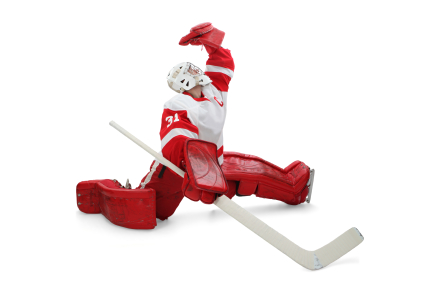
The neuroscience of sports
The neuroscience of sports
Sports are 90-per-cent mental (the other half, by former Major League Baseball great Yogi Berra’s math, being physical). You’d be hard-pressed to find a pro sports team or a Sochi-bound Olympian who doesn’t work on their mental game.
What we know: Experience shows us that the tools of sports psychology – mental imagery, self-talk, goal setting, mindfulness – help athletes excel. But figuring out exactly what, when and how much an athlete needs remains an uncertain art.
What we’ll learn in 2014: Neuroscientists are turning their attention to elite athletes, using advanced imaging tools such as fMRI and high-resolution EEG to see how their brains respond to stress and challenges. The results will begin to reveal exactly how various sports-psych tools work, and enable more personalized prescription.
Alex Hutchinson blogs about exercise research atsweatscience.runnersworld.com.
